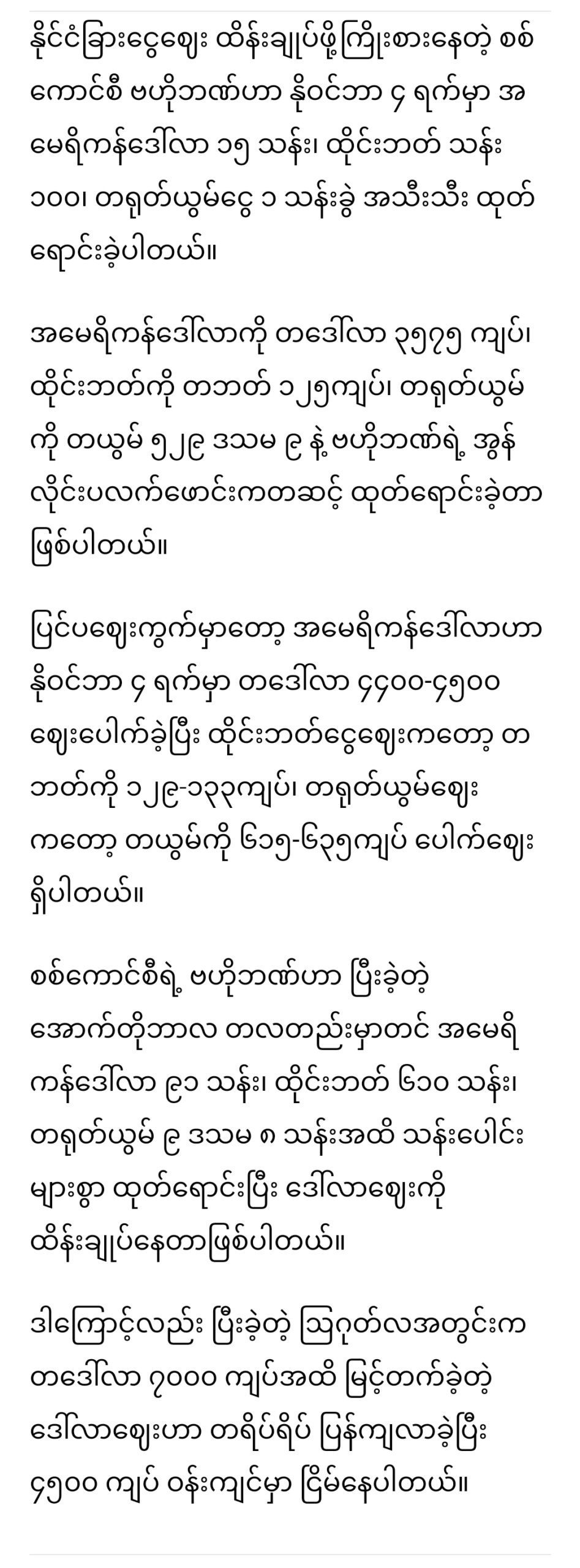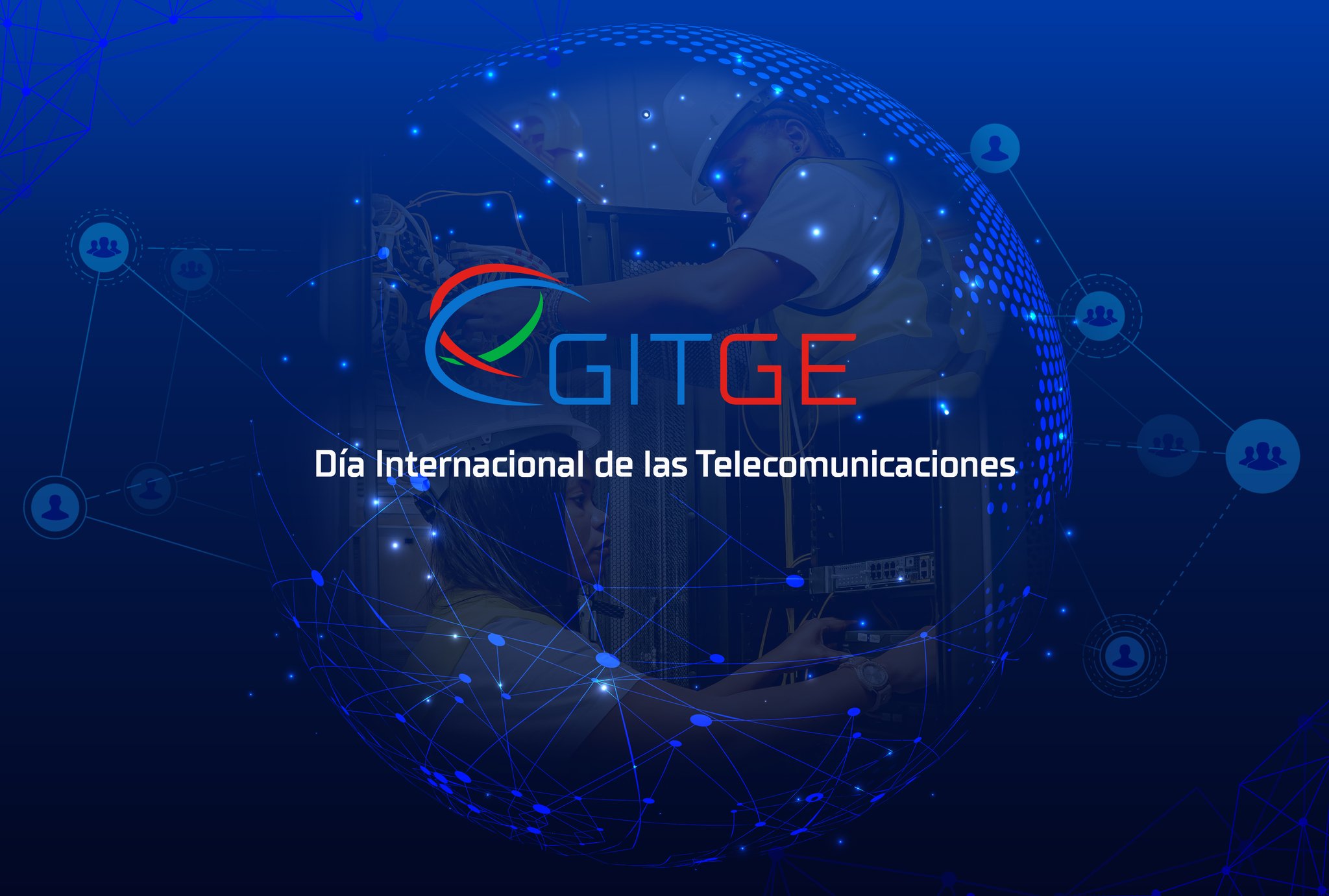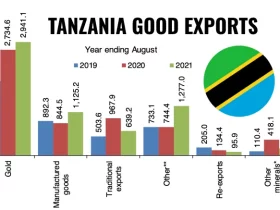
Telecommunication companies in Equatorial Guinea
Equatorial Guinea, a small yet resource-rich nation on the west coast of Central Africa, has seen significant growth in its telecommunications sector in recent years. Despite its small population, estimated at around 1.5 million, the country’s reliance on oil and gas revenues has enabled it to invest heavily in infrastructure, including telecommunications. However, this sector faces unique challenges, including limited competition, high costs, and a need for technological improvements. Here, we’ll explore the key telecommunications companies operating in Equatorial Guinea, the services they offer, and the factors affecting the industry’s development.
Key Telecommunication Providers
The telecommunications market in Equatorial Guinea is dominated by two main players: GETESA and MUNI. Both of these companies provide mobile, internet, and other telecom services across the country, each playing a critical role in connecting citizens, businesses, and government bodies.
1. GETESA (Guinea Ecuatorial de Telecomunicaciones, Sociedad Anónima): GETESA is the largest telecommunications operator in Equatorial Guinea and is partially state-owned, with significant shares held by international investors. Founded in 1987, GETESA operates as a joint venture between the government of Equatorial Guinea and telecommunications giant Orange Group. The company primarily offers mobile and fixed-line services but also provides internet services. GETESA’s coverage extends to most of the country, with service available in urban areas as well as parts of the rural and island regions. Due to the high cost of satellite technology, internet access remains costly, and speeds are often slower than global averages. Nonetheless, GETESA remains a critical provider, aiming to expand connectivity and reduce the digital divide within the nation.
2. MUNI: MUNI is the second major telecommunications company in Equatorial Guinea and is fully state-owned. MUNI was established as an alternative to GETESA, bringing some level of competition into the market. However, competition between GETESA and MUNI is limited due to the small market size, regulatory challenges, and shared infrastructure constraints. MUNI focuses on providing mobile services, including prepaid and postpaid options, as well as limited internet services. MUNI has made strides in offering affordable voice and data plans, but like GETESA, it faces challenges related to internet speeds, coverage in remote areas, and high operating costs.
Services Offered
Both GETESA and MUNI provide a range of telecommunication services, which include:
Mobile Voice and SMS: The companies offer 2G, 3G, and in some regions, 4G network coverage. However, 4G access remains limited to major cities such as Malabo and Bata.
Internet Services: Internet access is mainly available through mobile data plans, given the limited number of landlines and wired broadband infrastructure. Despite being costly, these services are crucial for businesses and urban residents.
International Roaming: Both GETESA and MUNI offer international roaming for travelers, although high costs can be a barrier. Local SIM cards are often used by foreigners who stay for extended periods.
Mobile Money: GETESA has recently launched mobile money services, providing a crucial tool for financial inclusion, especially in areas with limited access to banks.
Industry Challenges
1. High Costs and Limited Affordability: Telecommunications services, especially internet, are often prohibitively expensive for the average citizen. This high cost is largely due to the heavy reliance on satellite connections, which is more expensive than terrestrial infrastructure.
2. Infrastructure and Coverage Issues: While coverage in urban areas is relatively good, rural areas still struggle with connectivity. The country’s rugged terrain and low population density in some regions create logistical challenges for expanding mobile and internet infrastructure.
3. Regulatory and Competitive Landscape: The government holds considerable influence over telecommunications regulations, impacting service pricing and competition. Although MUNI exists as a competitor to GETESA, the level of competition remains minimal. Increased foreign investment or partnerships could potentially improve the competitive environment, benefiting consumers.
4. Dependence on Satellite Technology: Due to its geographical isolation, Equatorial Guinea relies heavily on satellite technology for its telecommunications. This dependence results in high operational costs and limited bandwidth, affecting service quality and affordability.
Future Prospects
In recent years, the government of Equatorial Guinea has acknowledged the need to improve its telecommunications infrastructure as part of its economic diversification goals. They are exploring partnerships and investments to improve connectivity, potentially introducing undersea cables or new satellite agreements to reduce costs. Furthermore, initiatives to increase mobile money services and digital financial inclusion have been encouraged, aiming to bridge gaps in financial access for rural communities.
Conclusion
Telecommunications in Equatorial Guinea is a developing sector with critical importance for the country’s economic growth and modernization. With GETESA and MUNI as the primary service providers, the industry faces challenges such as high costs, limited coverage, and regulatory constraints. However, the government’s commitment to improving infrastructure and exploring new investment avenues offers potential for growth. By focusing on expanding access and affordability, Equatorial Guinea’s telecommunications sector can play a transformative role in connecting its citizens and advancing the nation’s development.





Leave a Reply